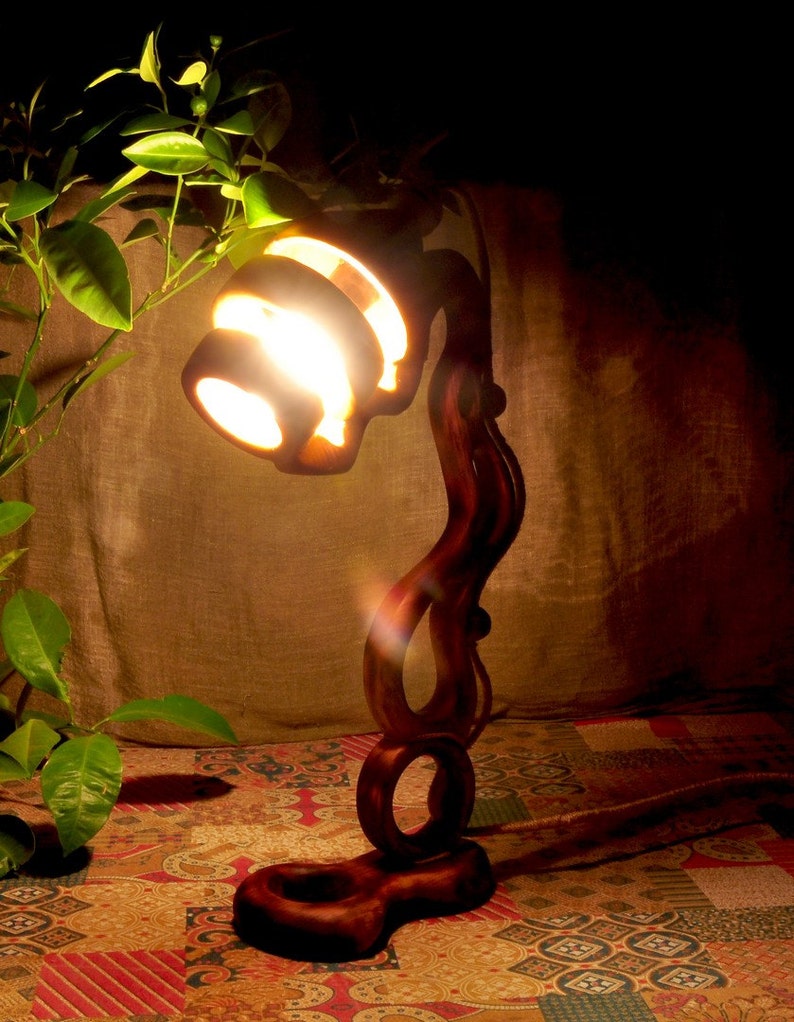

He found Diogenes resting in the sunlight, introduced himself, and asked if there was anything he could do for him. 45/50-120/125 CE) relate how, when Diogenes was living in Corinth, Alexander came to the city and was very interested in meeting the philosopher. In the case of Alexander the Great, both Diogenes Laertius (l. Wikipedia User: AndreasPraefcke (Public Domain) This is not the only time Diogenes insulted Plato publicly but is the best known incident. When Plato defined a human being as "a featherless biped", and was praised for the cleverness of the definition, Diogenes plucked a chicken, brought it to Plato's Academy, and declared, "Behold - Plato's human being." Plato then added "with broad, flat, nails" to his definition. Manners and etiquette were both regarded by him as staples of the false life in the dream world and should not be indulged in.Īccordingly, he insulted his social superiors regularly, including Plato and Alexander the Great.

The rules by which people lived, then, were non-sensical in that they forced people to behave in a way different from how they would naturally have behaved. This behavior of Diogenes was informed in part by the belief that if an act is not shameful in private then it should not be shameful in public. Although it seems many people thought he was simply mentally ill, Diogenes would have claimed he was living a completely honest life and others should have the courage to do the same. Diogenes, however, confronted the citizens of Athens daily with their lifelessness and shallow values, emulating his hero Socrates whom he never met but would have learned of from Antisthenes. Plato's famous Allegory of the Cave is devoted to this very theme.
#Diogenes lantern full
He was not the first philosopher to make this claim Heraclitus, Xenophanes, and, most famously, Socrates all pointed out the need for human beings to wake from their dream state to full awareness of themselves and the world. Like Antisthenes, Diogenes believed in self-control, the importance of personal excellence in one's behavior (in Greek, arete, usually translated as `virtue'), and the rejection of all which was considered unnecessary in life such as personal possessions and social status. Diogenes' Beliefsĭiogenes came to Athens where he met Antisthenes (one of many of Socrates' students who established his own school) who at first refused him as a student but, eventually, was worn down by his persistence and accepted him. Diogenes is still highly regarded in the present day for his commitment to truth and living according to his beliefs. He inspired others to follow his example, most notably Crates of Thebes (l.

By holding a literal light up to people's faces in broad daylight, he forced them to recognize their participation in practices that prevented them from living truthfully. Diogenes famous "search for an honest man" was his way of exposing the hypocrisy and sham of polite societal conventions.


 0 kommentar(er)
0 kommentar(er)
